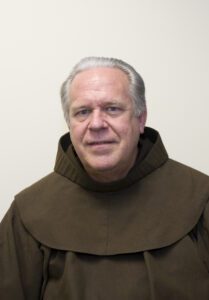
Franciscan Ministry
Br. Chris Carries on Legacy of Hope for New Yorkers in Need
800 years ago, if you were a layperson who followed St. Francis of Assisi and asked to join his order, he likely would not have responded as you expected. If you had a family or a job you were passionate about, he would have counseled you to not leave them but to embrace and live the Gospel in your work and day-to-day life.
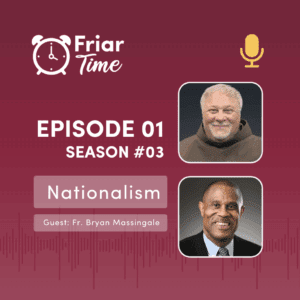
Franciscan Perspectives:
Nationalism
800 years ago, if you were a layperson who followed St. Francis of Assisi and asked to join his order, he likely would not have responded as you expected. If you had a family or a job you were passionate about, he would have counseled you to not leave them but to embrace and live the Gospel in your work and day-to-day life.
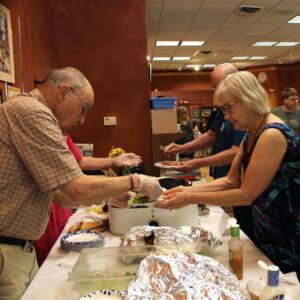
Franciscan Ministry
Fire of Evangelization Still Burns in the Heart of Father Placid
800 years ago, if you were a layperson who followed St. Francis of Assisi and asked to join his order, he likely would not have responded as you expected. If you had a family or a job you were passionate about, he would have counseled you to not leave them but to embrace and live the Gospel in your work and day-to-day life.
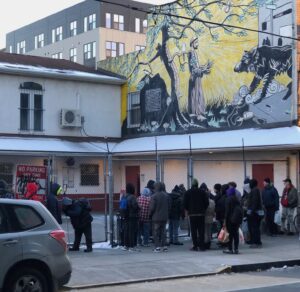
Franciscan Ministry
A Tale of Two Cities’ Franciscan Outreach
800 years ago, if you were a layperson who followed St. Francis of Assisi and asked to join his order, he likely would not have responded as you expected. If you had a family or a job you were passionate about, he would have counseled you to not leave them but to embrace and live the Gospel in your work and day-to-day life.
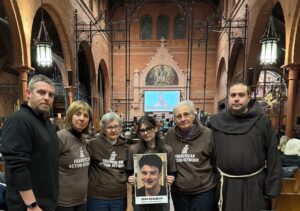
Franciscan Ministry
Generating Franciscan Energy
800 years ago, if you were a layperson who followed St. Francis of Assisi and asked to join his order, he likely would not have responded as you expected. If you had a family or a job you were passionate about, he would have counseled you to not leave them but to embrace and live the Gospel in your work and day-to-day life.
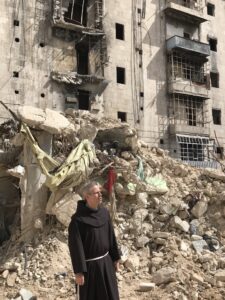
Franciscan Ministry
An Epiphany in Summertime Alaska
800 years ago, if you were a layperson who followed St. Francis of Assisi and asked to join his order, he likely would not have responded as you expected. If you had a family or a job you were passionate about, he would have counseled you to not leave them but to embrace and live the Gospel in your work and day-to-day life.
